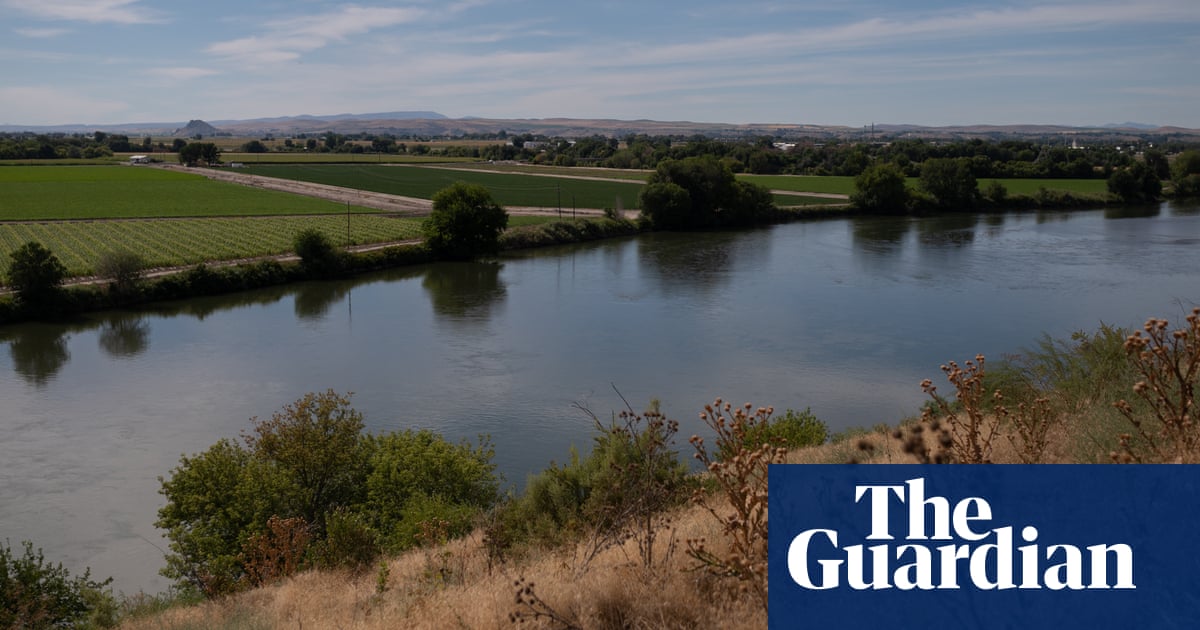Donald Trump has withdrawn the U.S. from a significant agreement aimed at reviving salmon populations in the Pacific Northwest, labeling it as “radical environmentalism.” This decision cancels a deal made by Joe Biden with Washington, Oregon, and four Native American tribes, which focused on restoring salmon and developing clean energy for local communities.
For years, tribes have argued that four hydroelectric dams on the Snake River have hurt salmon populations. They sought government analysis on the dams’ impact, but that agreement is now off the table. Trump stated that he prioritizes America’s energy infrastructure and the cost of living over what he calls “speculative climate change concerns.”
Tribal leaders responded strongly. Gerald Lewis, chair of the Yakama Tribal Council, criticized the move as just another broken promise from the federal government. He noted that this decision contradicts Trump’s claims of supporting domestic energy development.
The Resilient Columbia Basin Agreement, reached in late 2023, was celebrated as a historic step forward. It aimed to end years of litigation over federal dam operations and their effects on fish populations. The federal government planned to invest over $1 billion in salmon recovery over the next ten years. They also committed to generating enough clean energy to replace what the Lower Snake River dams provide, should Congress approve their removal.
Critics, including conservation groups and lawmakers, condemned Trump’s action. Patty Murray, a Washington senator, expressed disappointment, highlighting that the agreement was crucial for salmon recovery and local economies.
Historically, the Columbia River Basin, once a rich habitat for salmon, has suffered from dam construction since the 1930s, which was initially seen as a means to create jobs and provide power during the Great Depression. Unfortunately, these dams are now recognized as primary factors in the decline of salmon populations. Fisheries scientists believe removing these dams is essential for recovery.
Tribes have warned about the potential extinction of salmon since the late 1930s. They retain fishing rights granted by treaties when they ceded land to the U.S. government.
Despite challenges, tribes and environmental advocates, like Earthjustice, are committed to restoring salmon stocks. They view Trump’s decision as part of a troubling trend against science and environmental protections. As salmon populations continue to face severe threats, the fight for sustainable practices in the Pacific Northwest remains critical.
For further details on salmon recovery efforts, check out this article from The Guardian.





















